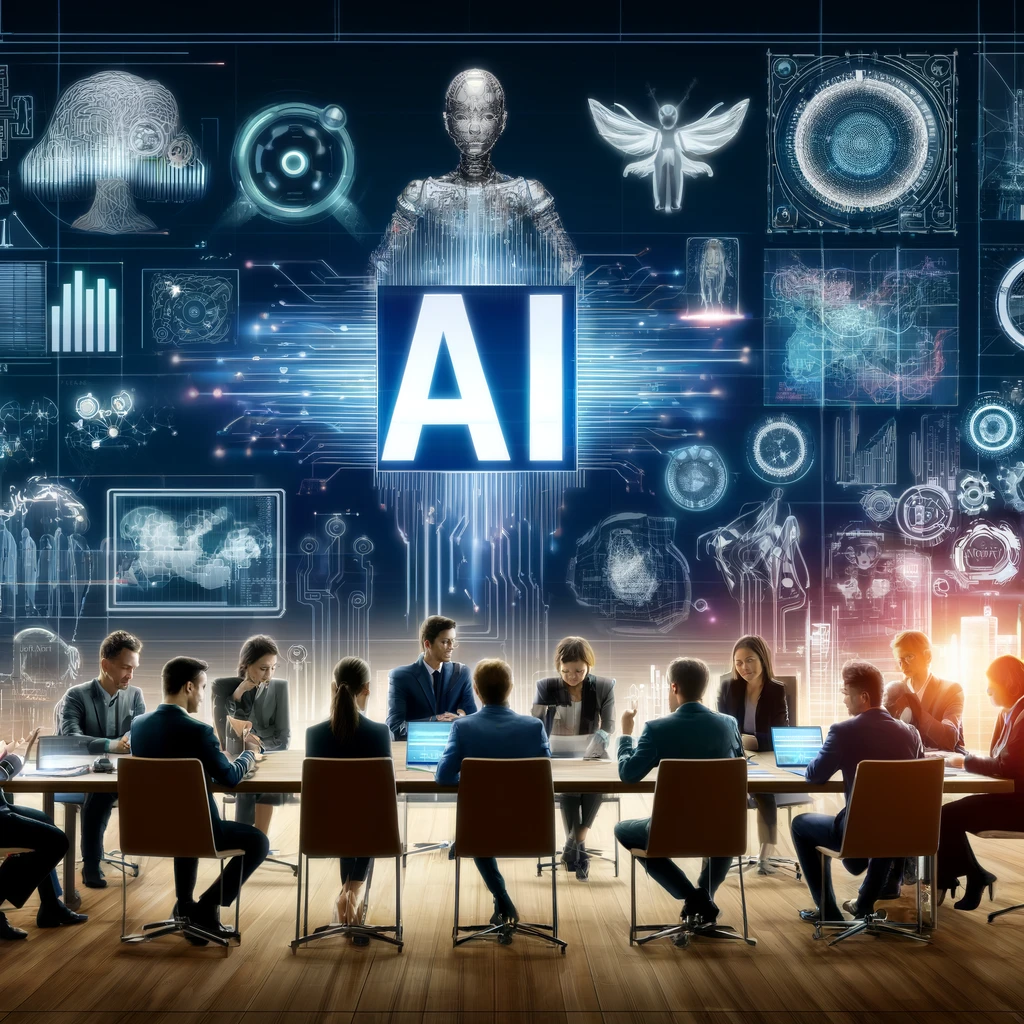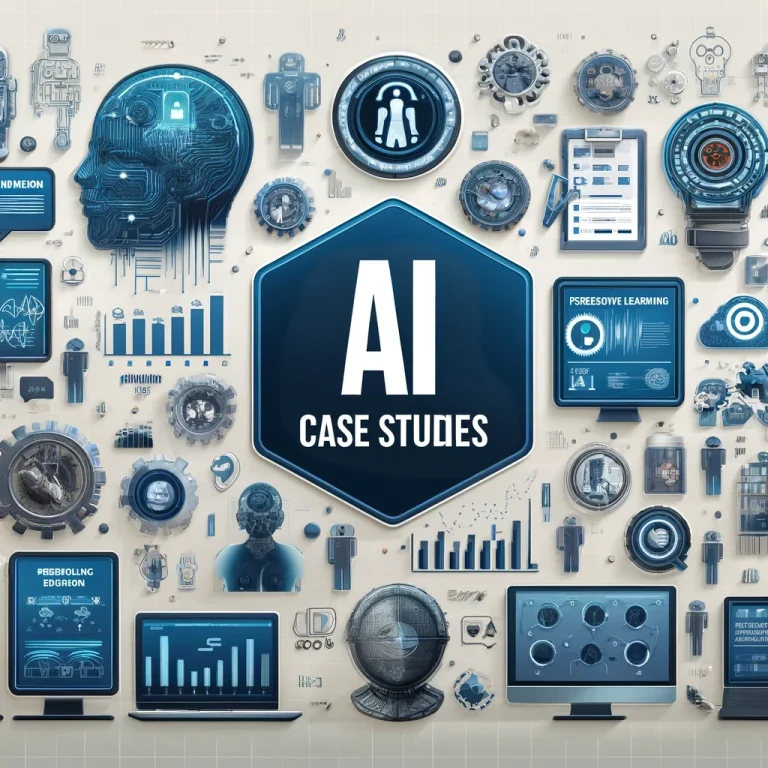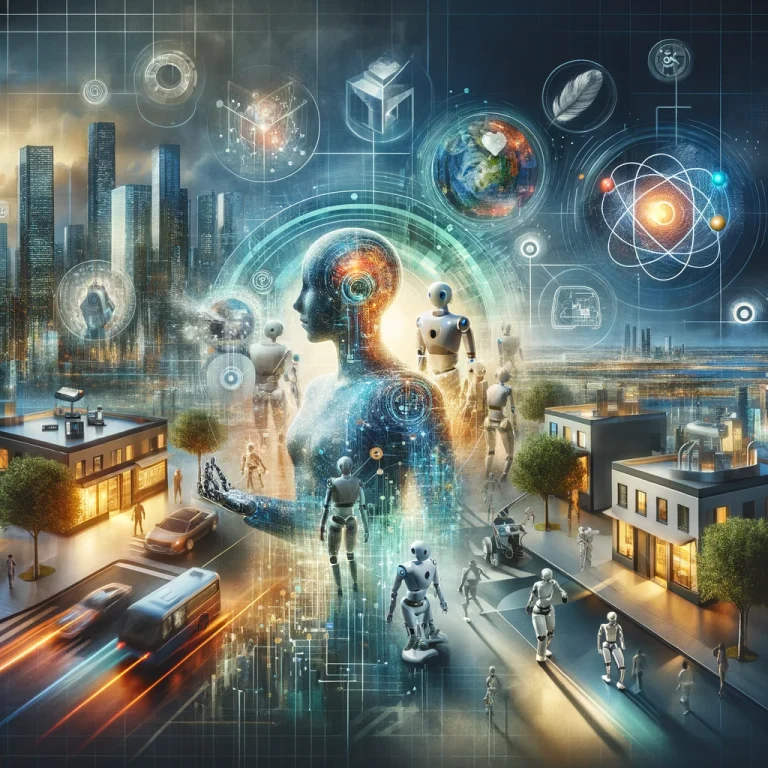Insights from AI Experts: Navigating the Future of Artificial Intelligence
In this blog post, we gather insights from leading AI experts to provide a comprehensive view of the future of artificial intelligence. These interviews highlight the challenges, opportunities, and innovations in the AI landscape.
Interview with Dr. John Smith, AI Researcher at OpenAI Q: What are the most exciting developments in AI research today? A: “One of the most exciting areas is reinforcement learning, where machines learn by interacting with their environment. This approach is leading to significant advancements in robotics and autonomous systems. Additionally, the development of large language models, like GPT-3, is revolutionizing natural language processing and enabling more sophisticated AI applications.”
Q: What challenges do you see in the AI field? A: “One of the biggest challenges is ensuring that AI systems are ethical and unbiased. As AI becomes more integrated into our lives, it’s crucial to address issues related to fairness, transparency, and accountability. Another challenge is the scalability of AI systems, particularly in terms of computational resources and data privacy.”
Interview with Jane Doe, CEO of AI Startup InnovateAI Q: How is your company leveraging AI to drive innovation? A: “At InnovateAI, we are focused on developing AI solutions for the healthcare industry. Our AI-driven diagnostic tools are helping doctors make more accurate diagnoses and personalize treatment plans for patients. We are also exploring the use of AI in predictive analytics to identify disease outbreaks and improve public health responses.”
Q: What advice do you have for startups looking to enter the AI space? A: “Focus on solving real-world problems and delivering tangible value to your customers. It’s essential to stay updated with the latest research and collaborate with academic institutions and industry partners. Additionally, prioritize ethical AI practices and ensure that your solutions are transparent and accountable.”
Interview with Dr. Emily Zhang, Professor of AI at MIT Q: What role do you see AI playing in education? A: “AI has the potential to transform education by providing personalized learning experiences and automating administrative tasks. AI-powered platforms can adapt to individual learning styles and offer customized content and feedback, making education more inclusive and effective. Additionally, AI can help educators identify students’ strengths and weaknesses, enabling more targeted interventions.”
Q: What are the ethical considerations in AI research and deployment? A: “Ethical considerations are paramount in AI research and deployment. It’s crucial to address issues like bias, privacy, and security to ensure that AI systems are fair and trustworthy. Researchers and developers must work together to establish ethical guidelines and frameworks to govern AI use, promoting transparency and accountability.”
Conclusion These expert interviews provide valuable insights into the future of AI and its potential to drive innovation across various industries. By addressing the challenges and opportunities in the AI landscape, we can navigate the future of artificial intelligence responsibly and effectively.







